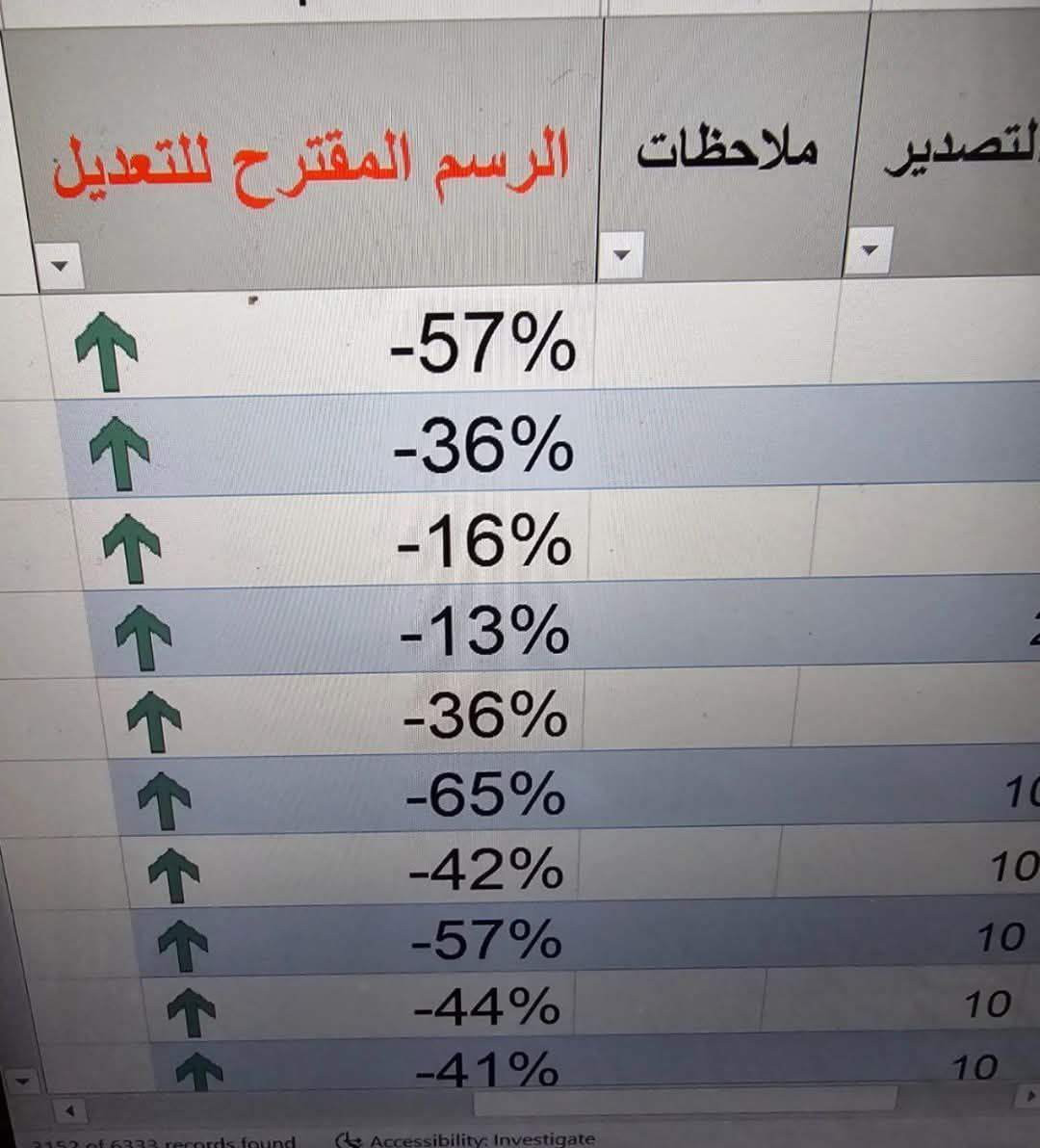
The Syrian Transitional Government (STG) has unveiled a series of changes to customs duties and import fees, aiming to address economic instability and revive the national economy. These measures, announced as part of an emergency plan, are designed to protect local industries and sustain job opportunities, according to Minister of Economy Maher Khalil al-Hassan.
The Context of Crisis
During a meeting with the Minister of Economy, it was revealed that the Syrian economy faced the risk of imminent collapse due to unregulated border crossings like Bab al-Salam and Bab al-Hawa. The absence of a unified customs system at these crossings had severely impacted industries in Aleppo, Hama, and Damascus, jeopardizing over 300,000 jobs.
“The economy was on the brink of disaster,” the Minister said. “We acted swiftly to ensure continuity in local manufacturing and to safeguard livelihoods.”
The new strategy focuses on two key changes: reducing customs duties at newly liberated crossings while increasing duties at major entry points to stabilize the market and protect domestic producers.
Protecting Local Industries
Local manufacturers, particularly in the Aleppo region, have suffered due to the influx of cheap imported goods. To counter this, the STG’s tariff revisions aim to level the playing field for domestic producers. Essential measures include reducing tariffs on raw materials to bolster local industries and gradually phasing in higher duties on foreign goods entering through unregulated crossings.
One of the hardest-hit sectors has been poultry farming in Idlib, which was threatened by an influx of foreign poultry products. The new tariffs have provided a safety net for local farmers, allowing them to compete and sustain operations.
A Surge in Imported Goods
Since the ousting of Bashar al-Assad, the Syrian market has experienced an influx of imported goods, ranging from Turkish bottled water to French cheese. The relaxation of restrictions on foreign currency transactions and a significant reduction in customs duties have made foreign goods more accessible.
Mahmoud, a fruit vendor in Damascus, observed a sharp decline in prices for both imported and local products. “Prices have fallen drastically. Foreign pineapples now cost one-fifth of their previous price, and local potatoes are a quarter of what they used to be,” he said.
Mahmoud attributed this change to the elimination of extortion at checkpoints, which had plagued farmers and vendors under Assad’s regime. “Farmers can finally focus on making an honest living without constant fear of raids,” he added.
Balancing Import & Domestic Needs
While the availability of foreign goods has revitalized consumer markets, the STG is prioritizing policies that balance the benefits of imports with the need to protect domestic industries. Minister al-Hassan emphasized the importance of these measures:
“Our primary responsibility during this stage is to pump blood into the veins of the economy, preserve institutions, and serve citizens,” he said in a statement to SANA.
Public Sentiment
The return of familiar foreign brands like Laughing Cow cheese has sparked nostalgia and optimism among Syrians. “Since when have I not seen this laugh? The donkey is gone, and the cow is back,” joked one Syrian on Instagram, reflecting widespread relief at the improved availability of goods with the ouster of Bashar al-Assad.
Despite these positive changes, challenges remain as Syrians adjust to rising prices for specific products. However, the STG’s reforms are viewed as a necessary step to stabilize the economy and protect millions of workers. As the transitional government continues to implement its strategic plan, Syrians hope these measures will lay the groundwork for sustainable economic recovery in the years to come.








